Humans
Sign up for our newsletter
We summarize the week's scientific breakthroughs every Thursday.
-
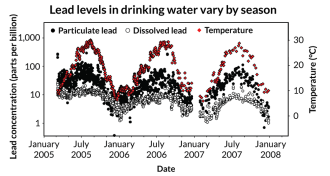 Environment
EnvironmentWhen measuring lead in water, check the temperature
Lead contamination in drinking water can be much higher during summer than winter, new research suggests.
-
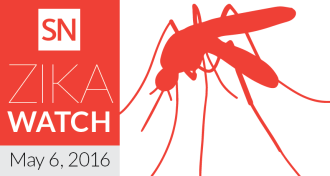 Health & Medicine
Health & MedicineThis week in Zika: An anniversary, how the virus kills brain cells and more
New weapons in the fight against Zika, how the virus shrinks minibrains, a quick paper-based test for Zika, and more in this week’s Zika Watch.
By Meghan Rosen -
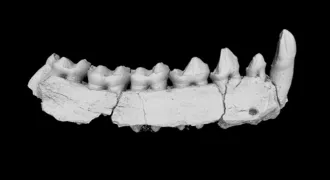 Anthropology
AnthropologyAsian primates hit hard by ancient climate change
Chinese fossils suggest primates diverged in Asia and Africa around 34 million years ago.
By Bruce Bower -
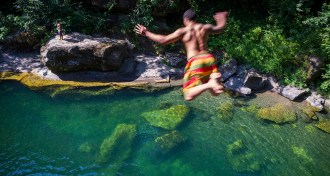 Microbes
MicrobesLeptospirosis bacterium still haunts swimming holes
Bacterial scourges lurk in warm recreational waters.
-
 Particle Physics
Particle PhysicsReaders ponder gravity wave physics
Gravitational waves, the benefits of fat and more reader feedback.
-
 Neuroscience
NeuroscienceA breakdown product, not ketamine, may ease depression
Ketamine’s breakdown product, not the drug itself, eases depression, a mouse study suggests.
-
 Science & Society
Science & SocietyGun research faces roadblocks and a dearth of data
Gun violence research is stifled by funding shortfalls and limitations on data access.
By Meghan Rosen -
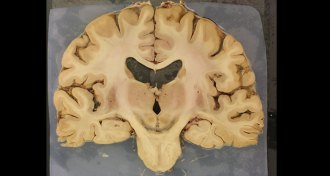 Neuroscience
NeuroscienceEvidence conflicts on iron’s role in Parkinson’s disease
Experiments yield conflicting results about whether vulnerable nerve cells have too much or too little iron.
-
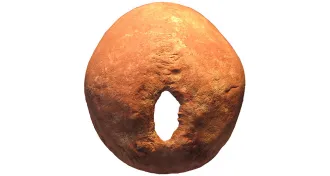 Anthropology
AnthropologyRisky skull surgery done for ritual reasons 6,000 years ago
Some ancient skull surgeries hinged on ritual, not on medical treatment.
By Bruce Bower -
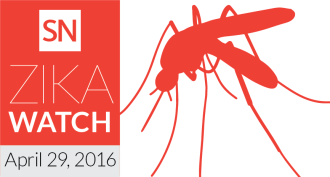 Health & Medicine
Health & MedicineThis week in Zika: Haiti hit early, possible monkey hosts, and more
A new test for Zika, how Haiti fits into the outbreak timeline, a look at monkeys that can carry the virus, and more in this week’s Zika Watch.
By Meghan Rosen -
 Archaeology
ArchaeologyLasers unveil secrets and mysteries of Angkor Wat
The world’s largest temple, Cambodia’s Angkor Wat, was revealed by laser and radar studies to be part of a sprawling medieval metropolis.
By Bruce Bower -
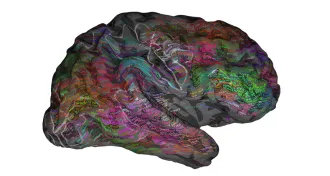 Neuroscience
NeuroscienceWords’ meanings mapped in the brain
Language isn’t just confined to one region of the brain: The meaning of words spark activity all over the cerebral cortex.
By Meghan Rosen